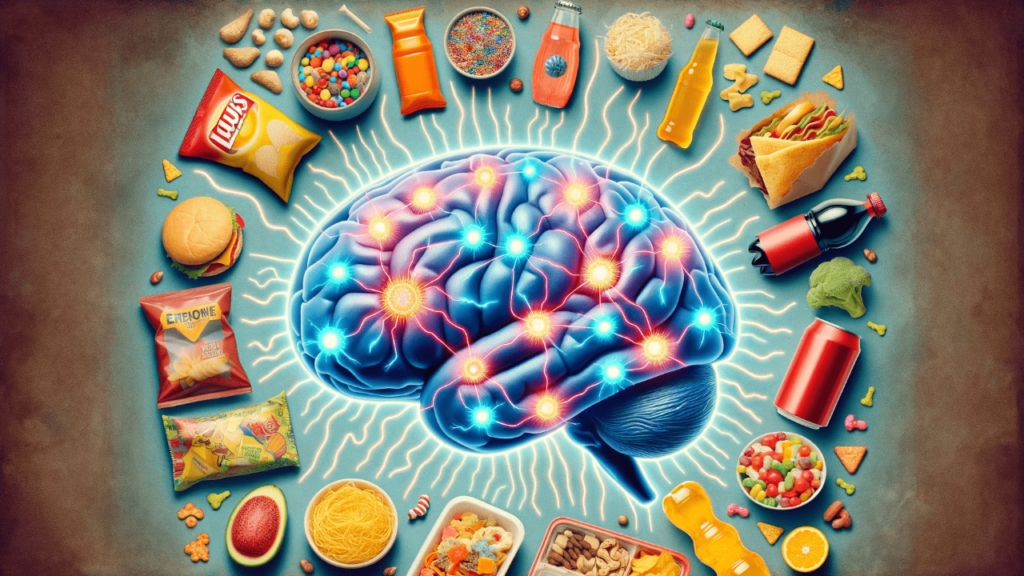Excitatory Neurotransmitters: Substance’s Impact on Tourette’s and Tic Disorders
Tics/Tourette syndrome and excitatory substances Individuals with Tics/Tourette syndrome may experience an exacerbation of tic disorder symptoms with the use of excitatory substances. Excitatory neurotransmitters, such as glutamate and aspartate, can increase the firing of neurons, leading to an increase in tic symptoms. Research has shown that reducing the levels of excitatory neurotransmitters in the brain can lead to a decrease in tic disorder symptoms. Therefore, it is important for individuals with Tourette’s and tic disorders to be mindful of their intake of excitatory substances and to work with healthcare professionals to find strategies for managing their symptoms. Excitatory neurotransmitters can play a significant role in the development and exacerbation of tics and Tourette’s syndrome. Substances such as caffeine, nicotine, and certain drugs can act as tic disorder triggers by increasing the levels of excitatory neurotransmitters in the brain. This can lead to an increase in motor and vocal tics, as well as other symptoms associated with these disorders. Understanding the impact of excitatory substances on tic disorders is important for developing effective treatment and management strategies.
👉🏻What this study says 🤯
👉🏻What are excitatory substances?
👉🏻Is there a connection and what does this mean for you?
Hey there! We’ll be diving into how our diet, especially excitatory substances, affects neurological conditions. Ever wondered about the role of food in conditions like Tourette Syndrome? Let’s unravel this together.
The Science Behind Excitatory Neurotransmitters & Substances
Neurotransmitters are the brain’s messengers. Excitatory ones, like glutamate, wake up our brain cells, making them more active. They’re essential for learning but, if they go overboard, can lead to problems. It’s a delicate balance that’s crucial for our brain’s health.
Substances and Neurological Impacts
It turns out, what we eat can tickle these neurotransmitters in unexpected ways. A 2011 study shines a light on this, showing how everyday food additives could intensify symptoms in Tourette’s and tic disorders. Foods like ramen noodles and cola, loaded with additives, might just be tweaking our brain chemistry more than we realize.
The FDA’s Role in Food Safety
Here’s a shocker: Over 10,000 additives are okayed in our food, and many haven’t been checked out for safety in years. This oversight might be throwing our excitatory neurotransmitters out of whack, affecting people with neurological conditions more than we knew.
Insights from the 2011 Study
This study wasn’t just about counting food additives; it was a deep dive into how these additives interact with our neurology. The comparison between kids with and without tic disorders eating the same additive-rich diet was a real eye-opener on the food-brain connection.
Wrapping it Up
So, what’s the takeaway? It’s clear that excitatory neurotransmitters play a big part in our neurological health, and our diet is a key player in this complex game. Remember, it’s not just about filling our stomachs; it’s about nurturing our brains too

